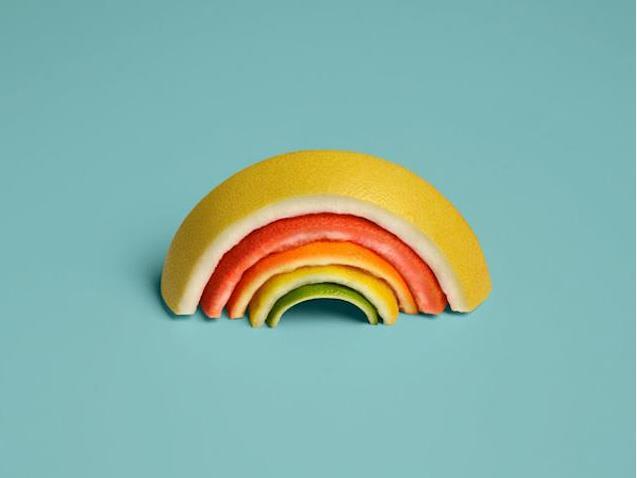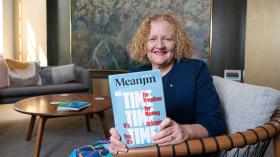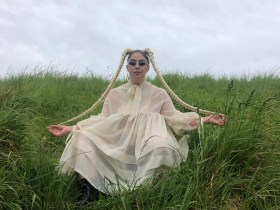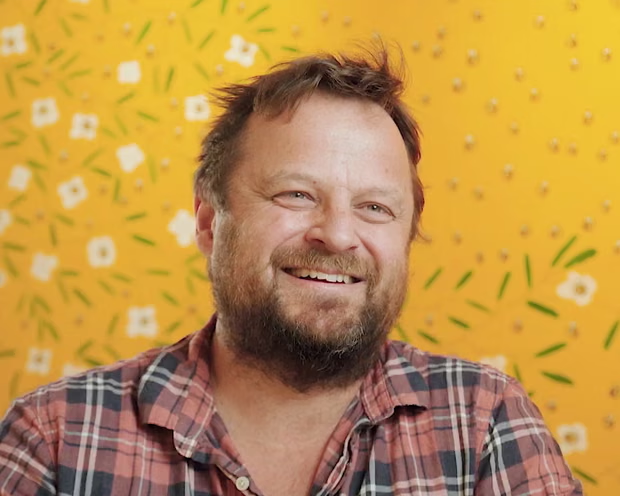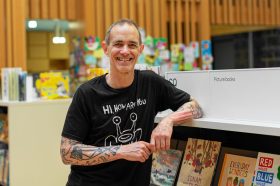Image: Re-Imagining Fruits and Vegetables by Sarah Illenberger.
In communicating the value of the arts to funding bodies, arts managers are always torn between selling art for art’s sake and selling the value of the arts as an instrument of social, health, or educational change.
Australia Council Chair Rupert Myer believes we may have the balance wrong. ‘Broadly speaking, I think we are all pretty good at talking about the instrumentalist benefits of the arts; I think we are becoming incredibly articulate about talking about the health benefits, the education benefits, the social cohesion benefits and the story of the arts and what the arts do,’ said Myer at the Australia Council Arts Learning Forum last week.
But how can we move past this dependency on selling the instrumental benefits while still securing funding and support?
A food program now engaging 160,000 Australian primary school students is a useful model. Ange Barry, CEO, Stephanie Alexander’s Kitchen Garden Foundation, told the Arts Learning Forum that in seeking support the program had to change thinking about food education from the view that it was simply an instrument of health to an appreciation of the intrinsic pleasure of good food.
While now a rigorous national program with a wealth of resources and supporters, Barry told the Arts Learning Forum the project came from the simple belief that we are ‘pleasure seeking creatures’.
‘If we want to inspire our children to eat healthily, we need to do that by engaging their senses and encouraging them to learn how to grow food from a seed, how to cook that food and most importantly, how to sit down and enjoy it,’ said Barry.
Herein lies the link between the Kitchen Garden program and the arts. ‘It is about the pleasure that an experience brings.’
Embedding art and food culture in the school environment taps into our nature as kinaesthetic learners, empowers children and enables them to access life-enhancing experiences.

